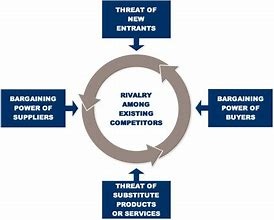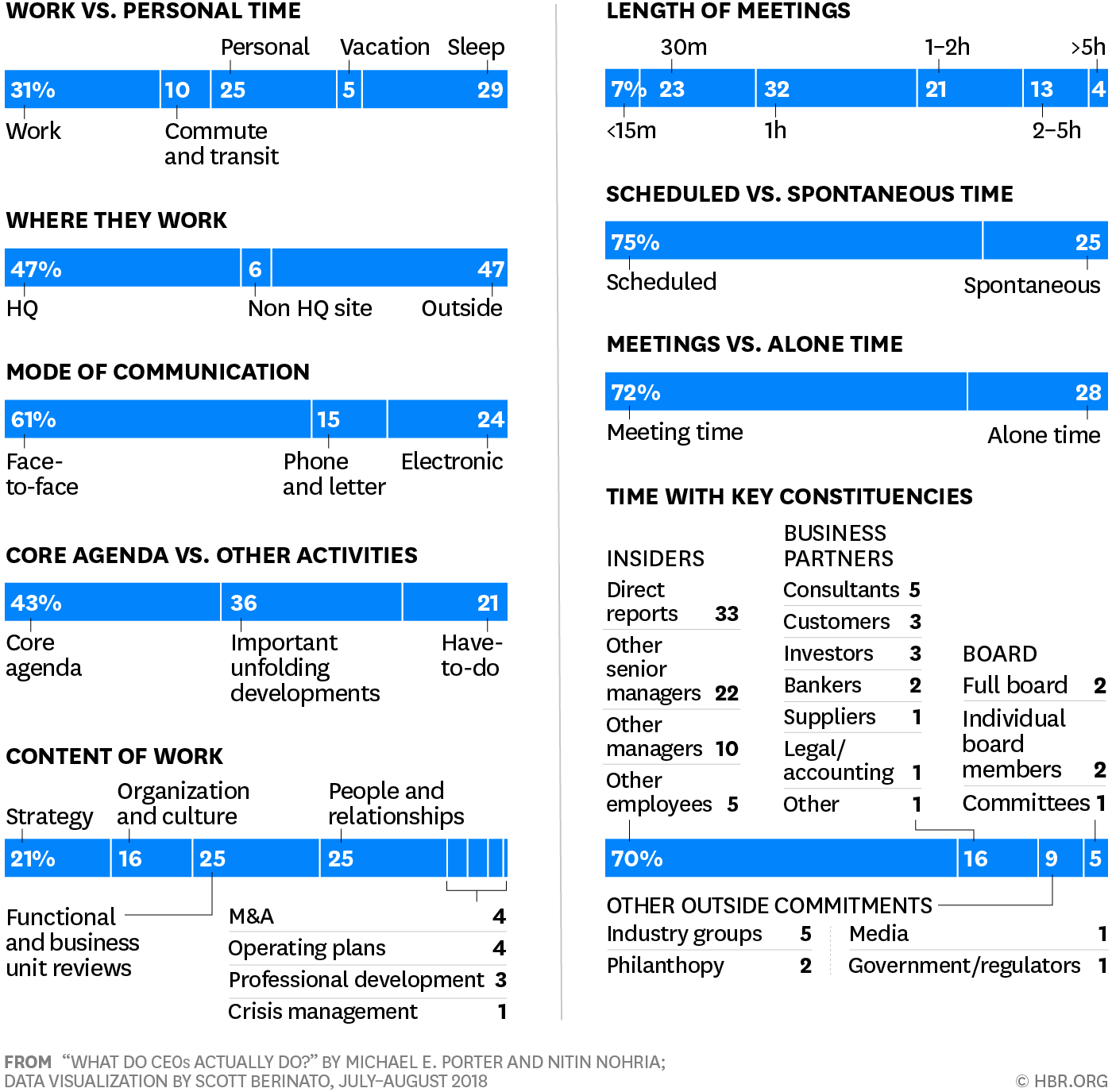You cannot not like Michael Porter...
The guy is just brilliant! Been around for a long time. Lots of books. Got the Five Forces Thing down. Senior professor at HBS. Has a building on campus named after him. And, he's a true Renaissance Man, who continues to do research, write and still actively teach. The Real Deal !
 I'm certainly no Michael Porter, but yet people ask me all the time why do I continue to teach now with 20 years under my belt at MIT and eleven at my beloved Tufts? Pretty simple answer for me, and maybe for Porter...Why not teach?
I'm certainly no Michael Porter, but yet people ask me all the time why do I continue to teach now with 20 years under my belt at MIT and eleven at my beloved Tufts? Pretty simple answer for me, and maybe for Porter...Why not teach?
I just happen to know a lot about sales and marketing stuff, so given the rapidly increasing velocity of change in both of these sciences, I learned long ago that there's no better way to stay up to speed and on the knife edge of the competition than by putting yourself in front of 30 wickedly bright students once a week for 13 weeks times two every year.
As usual, I digress since the real point of this commentary about Michael Porter is the article itself in the just released edition of the Harvard Business Review titled "How CEOs Manage Their Time". Fascinating data, and definitely worth your time to read the entire article. Of course, I've once again broken all of Harvard's copyright laws by copying and posting this here, but (1) it really is fascinating data, (2) definitely worth the purchase of whatever and edition of HBR costs, and (3) you really should be subscribing to their digital edition anyway. Hint-of-the-Day: you want to be a manager who stays consistently on top of your job as a manager-just subscribe to the digital editions of HBR and the WSJ.
A couple of key insights:
1. Applies to all of us. While Porter's research focuses on the CEO role in large, complex companies, its findings have implications for all managers looking for ways to use their time and influence more effectively. So, even if you're not a CEO yet, this data most probably also applies to you.
2. "CEOs are always on, and there is always more to be done. The leaders in our study worked 9.7 hours per weekday, on average. They also conducted business on 79% of weekend days, putting in an average of 3.9 hours daily, and on 70% of vacation days, averaging 2.4 hours daily. As these figures show, the CEO’s job is relentless".
I'm actually very surprised by the data about this in the article since, if I do the math here, it comes out to around 60 hours a week, and the last time we did this data ourselves, two years ago, among our 100+ CEOs, the number was more like 87 hours a week. 60 hours just sounds incredibly low for a CEO.
3. Downtime. Of the 25% of the time, or roughly six hours a day, when CEOs were awake and not working, they spent about half those hours with their families, and most had learned to become very disciplined about this. Most also found at least some hours (2.1 a day, on average) for downtime, which included everything from watching television and reading for pleasure, to hobbies like photography.
4. F2F Meetings. The top job in a company involves primarily face-to-face interactions, which took up 61% of the work time of the CEOs studied. Another 15% was spent on the phone or reading and replying to written correspondence. The final 24% was spent on electronic communications.
5. They are agenda driven. Every quarter CEOs make a point of looking back at whether their schedule for the previous period adequately matched up with their personal agenda. They also update the agenda to reflect current circumstances.
This is just not a great "best practice" rule for CEOs; it's perfect best practice for all salespeople!
6. They have short meetings. As a result of my reading this article...and the new complexities of trying to balance the way-too-many-hats-I-wear, other than strategy meetings and crisis issues, my new rule is that a meeting needs to be done in 30 minutes. I've been doing this now for a couple of weeks, and not only does it work, people who are in the meeting actually appreciate the brevity.

The Bottom Line for today...
The real bottom line here is that we have the immediate ability to improve our skills.
- We can build companies as entrepreneurs. I see this all of the time in my student teams at Tufts.
- We can consistently study more as life-long students of Management, Sales and Marketing.
- We can always manage much better than we do today.
- We can always learn to sell more stuff more efficiently and more effectively that we do today.
...but, we cannot hold back time, which is the ultimate decider of how we live our lives at work!
Go online, (https://hbr.org/) grab a copy of the article, and let me and others know what you think.
Build something today!
Enjoy the day!

Coach & Advisor to Derby Management
Director, Tufts Entrepreneurship Center, Tufts University
Cummings Family Professor of Entrepreneurship
